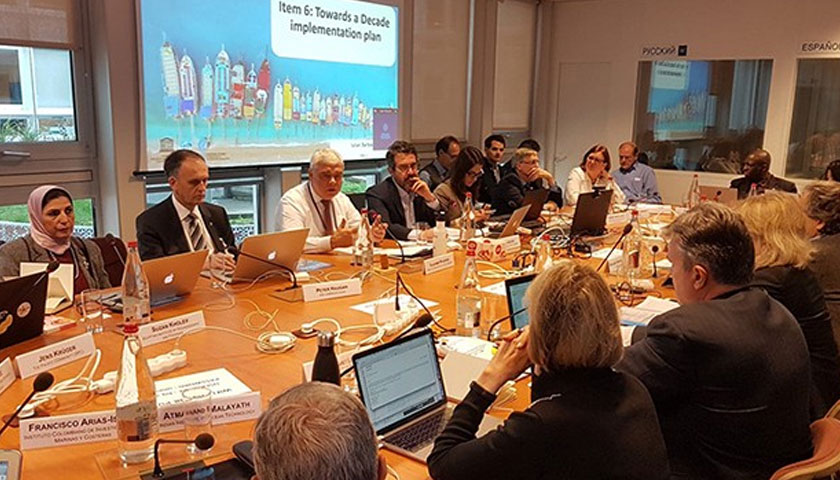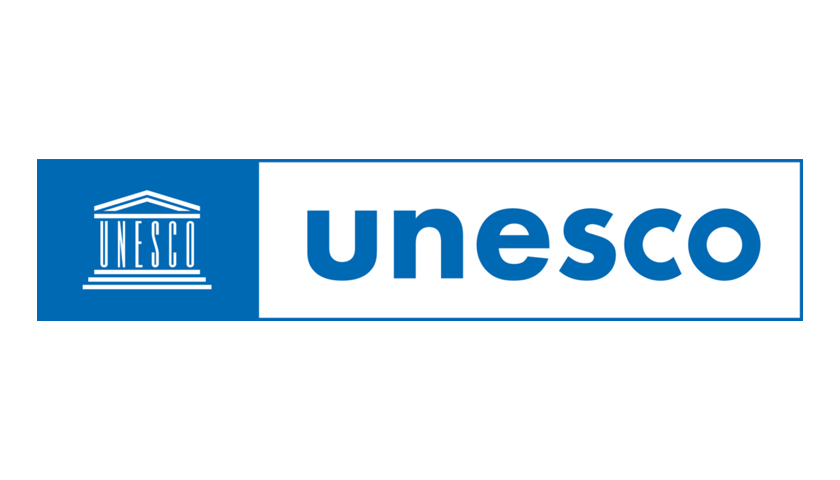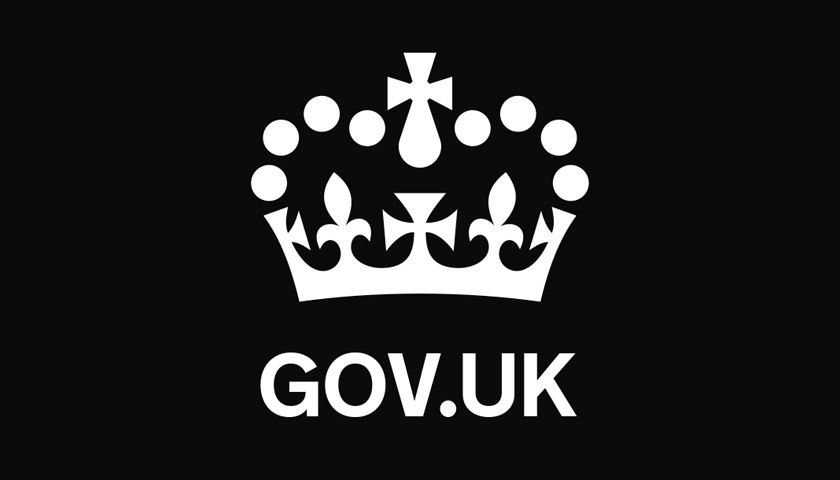Nineteen experts from diverse fields in ocean science, technology, policy, management and advocacy met at UNESCO from 17-19 December during the first meeting of the Executive Planning Group (EPG) of the United Nations Decade of Ocean Science for Sustainable Development (2021-2030). A ten-year framework to foster scientific research and technological innovation toward a healthier, more sustainable ocean. The Decade of Ocean Science was proclaimed by the UN General Assembly on December 2017, and is set to begin officially in 2021.
Meet the members of the Decade’s Executive Planning Group
UNESCO’s Intergovernmental Oceanographic Commission (IOC) called the first meeting of the EPG to brainstorm on scientific, governance, communications, and engagement elements of the Decade ahead of a first Global Planning Meeting and a series of regional consultations that will channel stakeholders’ inputs into the preparatory process.
A new social contract for science
During the opening remarks, IOC Executive Secretary Vladimir Ryabinin highlighted the importance of science to sustainable development: “The state and future of the ocean is an existential issue, requiring more legally-binding science and a new social contract between the scientific community, decision-makers and society as a whole. The Decade can provide a platform to ensure science fulfills its leadership potential in the pursuit of the sustainable development goals.”
Mobilizing knowledge for action will require in particular a radical transformation of how we do science, including through the development of more interdisciplinary approaches that take into account the close interconnection between the various ocean stressors.
Beyond the scientific process itself, there was wide consensus within the Group that the Decade must also transform how nations around the world invest in ocean science, both from the public and private sectors, and how decisions-makers use the available scientific knowledge to make better-informed policies for ocean management.
According to EPG Member Ricardo Serrão Santos from Portugal, a marine scientist and Member of the European Parliament, the Decade must capitalize on the wealth of existing knowledge and data that may not be feeding decision-making processes at present. As scientists continue to fill knowledge gaps, existing knowledge can begin to foster ocean action via the science-policy interface.
“While we have a remarkable body of [ocean] knowledge, we need help figuring out from public psychologies how do we get people to be focusing more on what we know needs to be done,” added Craig McLean, Assistant Administrator of the United States National Oceanic and Atmospheric Administration.
Educating ocean-minded citizens
Through hours of brainstorming, the EPG sought to lay out the basis for an effective strategy to communicate the objectives of the Decade, engage stakeholders, and ultimately influence behaviors and perceptions of scientists, decision-makers and the public around the value of ocean science for sustainable development.
“The Decade gives us the opportunity to look outward for what the oceans can do for our planet and the people in it,” emphasized Margaret Leinen, Director of the Scripps Institution of Oceanography, highlighting the important role of ocean literacy in the overall Decade strategy.
Defined as an understanding of the ocean’s influence on you, and your influence on the ocean, the concept of ocean literacy is gaining momentum across the international community as a tool to not only raise awareness of the importance of the ocean to society, but more broadly to create a public demand for ocean action from ocean-minded citizens.
Reinforcing capacities for ocean action
All the EPG members agreed that capacity development and the transfer of marine technology also need to be a key and cross-cutting priority, embedded deep into the planning process. Jens Kruger from the Pacific Community reminded the Group of the lack and sometimes absence of marine scientific capacities in the South Pacific.
IOC Chair Peter Haugan argued vehemently that, given its universalist approach, the Decade of Ocean Science must be fundamentally about leaving no one behind. It must ensure all countries can benefit from the ocean and use its resources to support sustainable development.
“Many developing countries still struggle with doing the very basic analysis of samples, even obtaining samples and knowledge from the ocean. I would like to see that everybody has the capacity to get better knowledge from the ocean so that we can more effectively predict its future,” further noted Elva Escobar Briones, from the Universidad Nacional Autonoma de Mexico.
Throughout the next two years, EPG members will work in coordination with the IOC Secretariat to process into a draft Implementation Plan for the Decade the many stakeholder inputs coming from the various global and regional consultations.


